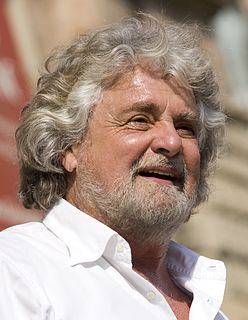A Quote by Michel Gondry
I don't mock things, which makes me more vulnerable to mockery myself. If you're cynical, you're protected from mockery. But I have to be nice. I don't think I have irony. A sense of humour, yes, but not irony.
Related Quotes
It was not possible for us to produce the same optimism and the same kind of humour or irony. Actually, it was not irony. Lichtenstein is not ironic but he does have a special kind of humour. That's how I could describe it: humour and optimism. For Polke and me, everything was more fragmented. But how it was broken up is hard to describe.
Irony is about contradictions that do not resolve into larger wholes, even dialectically, about the tension of holding incompatible things together because both or all are necessary and true. Irony is about humour an serious play. It is also a rhetorical strategy and a political method, one I would like to see more honoured within socialist-feminism.
The culture of irony is the culture of postmodernism, which I would furiously want to denounce. We have to act ethically and politically. Irony is a defensive position, against reality. It always knows what to think about reality. The idea of commitment and engagement is central to me, which is not ironic.
And make no mistake: irony tyrannizes us. The reason why our pervasive cultural irony is at once so powerful and so unsatisfying is that an ironist is impossible to pin down. All U.S. irony is based on an implicit "I don’t really mean what I’m saying." So what does irony as a cultural norm mean to say? That it’s impossible to mean what you say? That maybe it’s too bad it’s impossible, but wake up and smell the coffee already? Most likely, I think, today’s irony ends up saying: "How totally banal of you to ask what I really mean.






































